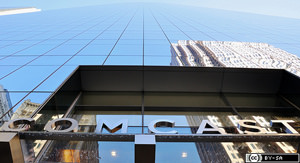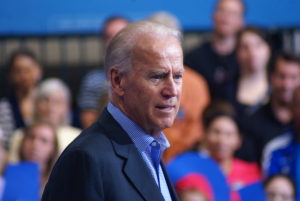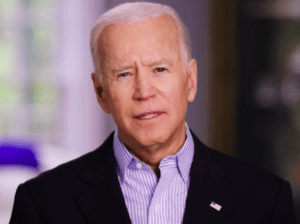Net Neutrality’s Last Stand
The future of the Internet looked a little bleaker to Net neutrality advocates this week after a federal appeals court decided that the Federal Communications Commission couldn't stop Internet service provider Comcast from messing with the load times of certain websites (continued) .
The future of the Internet looked a little bleaker to Net neutrality advocates this week after the D.C. Circuit Court of Appeals decided that the Federal Communications Commission couldn’t stop Internet service provider Comcast from messing with the load times of certain websites at its discretion. That was but one pro-corporate implication of Tuesday’s decision, as Nick Baumann points out in this Mother Jones report, but there is a small glimmer of hope left on the horizon. –KA
Your support matters…Mother Jones:
The ruling doesn’t just affect the ISPs’ ability to control load times. It could also allow them to restrict what information you get for your monthly broadband payment. In the worst-case scenario, Internet providers could require you to buy access to websites in “packages”—a social networking “package” with Facebook and MySpace, a sports package with ESPN.com and Rivals.com, or a music package with Last.fm and Pandora. Instead of today’s “Wild West,” the future Internet might look more like cable television.
If the FCC wants to avoid that, it has three options. It could appeal Tuesday’s ruling to the Supreme Court. But Comcast has already won once, and the litigation could take years. The agency could ask Congress to give it more power to enforce net neutrality. That’s what a bill proposed by Reps. Ed Markey (D-Mass), Anna Eshoo (D-Calif), and Henry Waxman (D-Calif.) would do. But the telecoms have enormous influence on both parties—since 1989, AT&T has spent more on national politics than any other company, union, or special interest. Even if the legislation cleared the House, it would likely stall in the Senate.
Independent journalism is under threat and overshadowed by heavily funded mainstream media.
You can help level the playing field. Become a member.
Your tax-deductible contribution keeps us digging beneath the headlines to give you thought-provoking, investigative reporting and analysis that unearths what's really happening- without compromise.
Give today to support our courageous, independent journalists.






You need to be a supporter to comment.
There are currently no responses to this article.
Be the first to respond.